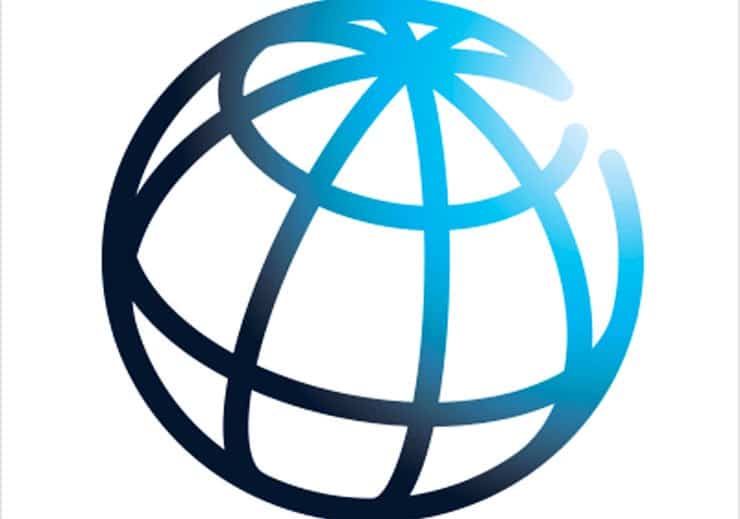Britain pledges $304 million to tackle deadly antimicrobial resistance in Asia, Africa

Britain pledges $304 million to tackle deadly antimicrobial resistance in Asia, Africa
London
Ahead of G20 Health Ministers Meet in India, the British government on Wednesday pledged 304 million dollars to tackle deadly antimicrobial resistance (AMR) in Asian and African countries.
A UK government official said the government will partner with countries across Asia and Africa to tackle AMR.
This will also reduce risks posed to Britain and it is the largest ever investment by any country.
It also marks the launch of the 2nd phase of the Fleming Fund’s fight against AMR, he added.
Under the partnership, State-of-the-art laboratories, cutting-edge disease surveillance systems, and a bigger global workforce will be created.
Notably, UK’s grant will aid Fleming Fund’s activities to tackle AMR in Asian and African countries in next 3 years.
The grant is aimed at reducing the threat it poses to the UK and globally by the deadly phenomenon.
It will bolster the surveillance capacity in up to 25 countries where the threat and burden of AMR is highest.
This includes Indonesia, Ghana, Kenya, and Papua New Guinea where more than 250 labs will be upgraded with state-of-the-art equipment.
It also includes new genome sequencing technology to track bacterial transmission between humans, animals and the environment.
The aid will also help governments to incentivize drug companies to develop new antibiotics. The model is being implemented in some G20 countries.
UK Secretary of State for Health and Social Care Steve Barclay said antimicrobial resistance is a silent killer.
“It poses a significant threat to people’s health around the world and in the UK. It will be an important topic here at the G20 in India.
It’s vital it is stopped in its tracks and the record funding will allow countries most at risk to tackle it. It is also important to prevent it from taking more lives across the world, ultimately making us safer at home” he added.
Notably, around 1.27 million people around the world die each year due to AMR.
In some countries, bacteria have evolved so much that antibiotics and other treatments are no longer effective against infections. One in five such deaths in children is under five.
In 2019, AMR had caused between 7,000 and 35,000 deaths in the UK alone.









